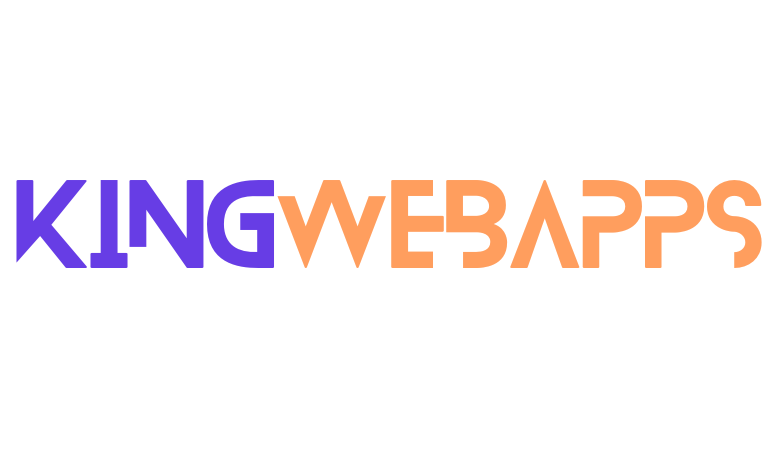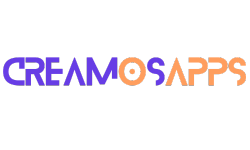Developmentor Native Apps that exploit the full potential of each operating system so that you lead the market
What are Native Apps and what are their characteristics?
The native applications As a definition, they are applications designed specifically to work on a particular operating system, the most popular are Android either iOS, although it is also developed for Windows Phone and Blackberry OS, Linux either macOS.
They can be downloaded and used by users as productivity applications, entertainment, e-commerce, education, leisure and games, travel and tourism and social networks, among others.
Later we will go into detail about the types of mobile application native ones that exist, programming languages, features and why it can be particularly a fantastic choice for your company compared to other alternatives.
A native application development for your company can be very interesting for several reasons:
● High performance: Native apps are designed specifically for the operating system they run on, making them faster and more efficient than other apps.
● Custom UI: A native app takes advantage of the operating system's user interface features, allowing for a smoother and more personalized user experience (UX).
● Full access to device features: Native apps have full access to device features such as camera, microphone, GPS, etc.
● Installation requirements: Native apps must be installed on the user's device, which means the user must download and update the app manually.
● Price and Development cost: Native app development can be priced higher than web or hybrid/cross-platform app development, as separate versions of the app must be created for each platform.
In short, a native mobile app will boost your business by improving processes, increasing traffic, Recognition of brand, providing greater engagement I entertainment to generate more sales thanks to full native deployment as a competitive advantage.
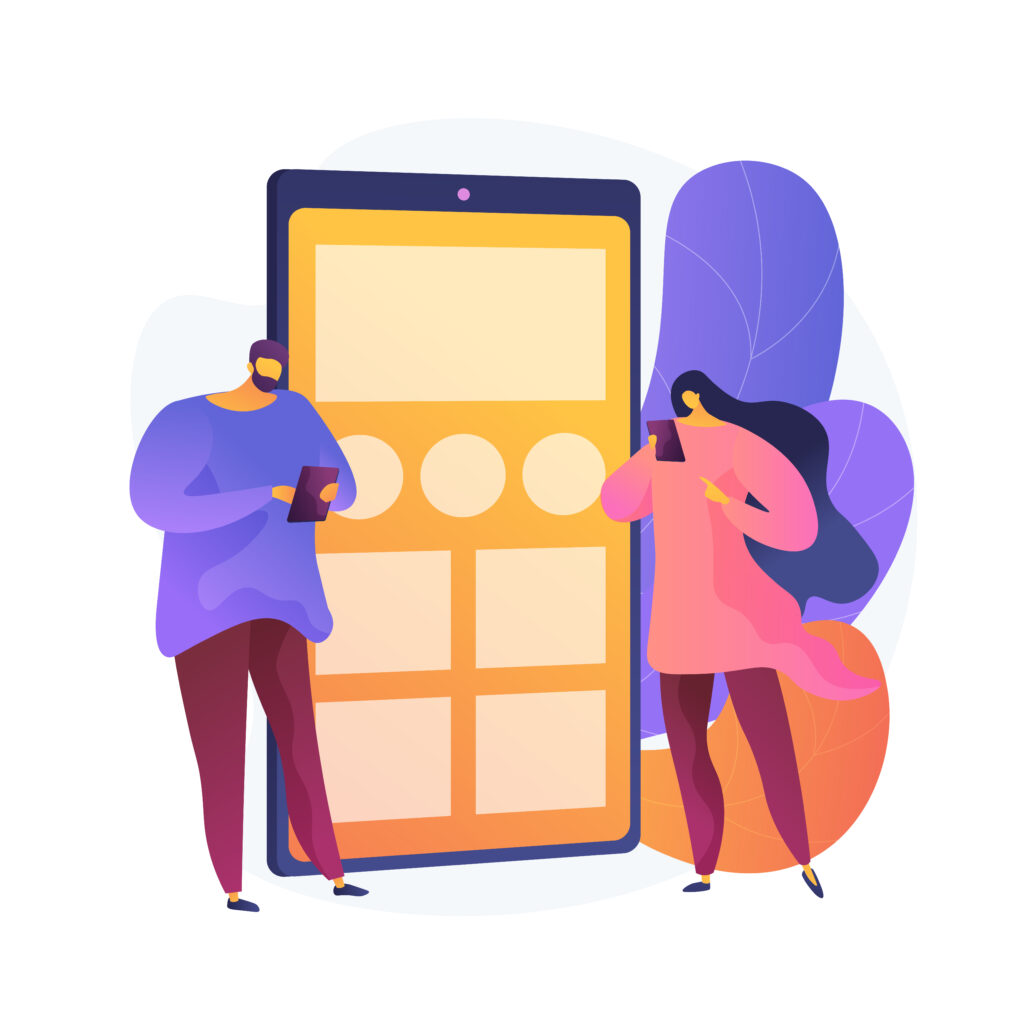
What are the different types of native app you can develop?
Android App Development
Android is a mobile operating system developed by Google. Native Android apps are developed using Java or Kotlin and can be downloaded from the Google Play app store.
iOS Application Development
iOS is the mobile operating system developed by Apple for its mobile devices, such as iPhone and iPad. Native iOS apps are developed using Swift or Objective-C and can be downloaded from Apple's app store, the App Store.
Linux Application Development
Linux is an open source operating system used primarily on servers and personal computers. Native applications for Linux can be developed using various programming languages and can be downloaded from Linux software repositories.
macOS Mobile Application Development
macOS is the desktop operating system developed by Apple. Native apps for macOS can be developed using Swift, Objective-C, or C++ and can be downloaded from Apple's app store, the Mac App Store.
Mobile application development Windows Phone
Microsoft Windows is an operating system for personal computers. Native Windows applications can be developed using C++, C#, VB.NET, or JavaScript and can be downloaded from Microsoft's app store, the Microsoft Store.
Blackberry OS Mobile App Development
In the past you could develop native applications for BlackBerry OS using the Java programming language and the BlackBerry SDK. However, it is no longer advisable to develop new apps for this operating system because it is no longer compatible with the latest technologies and does not have a large user base.
What are the main disadvantages and advantages of native mobile applications?
Native apps have both advantages and disadvantages, offering different benefits to users. Here we present some of the main disadvantages and advantages of native applications:
Advantages
1. Superior performance: Native apps are typically faster and smoother than web or hybrid apps because they are designed specifically for the operating system and hardware of the mobile device they run on.
2. Access to device features: Native apps have full access to the mobile device's features; camera, GPS, sensors, microphone, etc. All of these options offer a richer and more personalized user experience.
3. More attractive user interface: Native apps offer a more attractive user interface that is consistent with the design and user experience of the device's operating system.
4.Offline operation: Native apps can work in offline mode, which means they can continue working without an internet connection. In this way, many more possibilities are offered to users.
Disadvantages
1. Higher cost and development time: Native apps may require more time and resources to develop compared to web or hybrid apps, as they need to be developed specifically for each operating system.
2. Shorter range: Native apps are only available for download in the app store corresponding to each operating system, which means they cannot be accessible to a broader audience that does not use that operating system.
3. Maintenance difficulties: Native applications may require constant updates and maintenance to maintain compatibility with operating system and hardware changes, which may increase the price due to the complexity of development.
Which are the 3 Main benefits native app development?
1. Better user experience: Native apps offer a richer, more personalized and seamless user experience compared to web or hybrid apps.
2. Increased user retention: Native apps can increase user retention by offering a more immersive and personalized experience, which can translate into greater user engagement and loyalty.
3. Higher earning potential: Native apps can generate higher revenue through monetization models such as in-app purchases, advertising, and subscriptions.
Do you want to improve the productivity and reach of your company? Do you want to interact with your customers and users in a more specific and detailed way on mobile devices? So, a mobile app can be the solution What are you looking for.
Whether you company be of e-commerce, services, industry, health and fitness, entertainment either education, among others, a native mobile application can make a big difference in your business results. Don't miss the opportunity to improve interaction with your customers and users in a specific and detailed way on mobile devices. You are still time to make the leap to the mobile world!
What are the differences between native and cross-platform and hybrid app design?
The characteristics of native and cross-platform apps have specific peculiarities. Discover below the differences main among app development native and multi platform and hybrid:
1. Development: Native applications are developed for a specific operating system, using tools and programming languages native to that platform such as Java or Kotlin for Android and Swift or Objective-C for iOS. In contrast, hybrid and cross-platform applications are developed using web technologies, such as HTML, CSS, and JavaScript, and run inside a native container.
2. Performance: Native apps perform better as they are designed to make the most of the device's resources. On the other hand, hybrid and cross-platform applications have lower performance because they run inside a container and must communicate with the operating system through additional layers.
3. User experience: Native apps offer a smoother and more personalized user experience as they adapt to the specific characteristics of the device, for example, screen resolution, orientation and gestures, etc. Hybrid and cross-platform apps may be less personalized and fluid as they cannot fully access device features.
4. Maintenance: Native applications require separate maintenance for each platform they are developed on. On the other hand, hybrid and cross-platform applications only require one set of codes for all platforms, which simplifies the maintenance process and therefore reduces their price.
Ultimately, the native applications offer a better performance and a more personalized user experience, but they require more time and resources for its development and maintenance. The hybrid and cross-platform applications (see more about this type of applications) are faster and economic to develop, but its performance and user experience can be lower. The choice between one option or another will depend on the needs and resources of each particular project.
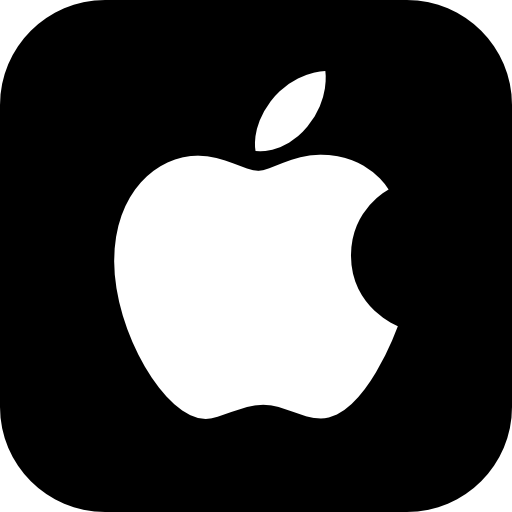
What are the differences between native app design and a web application?
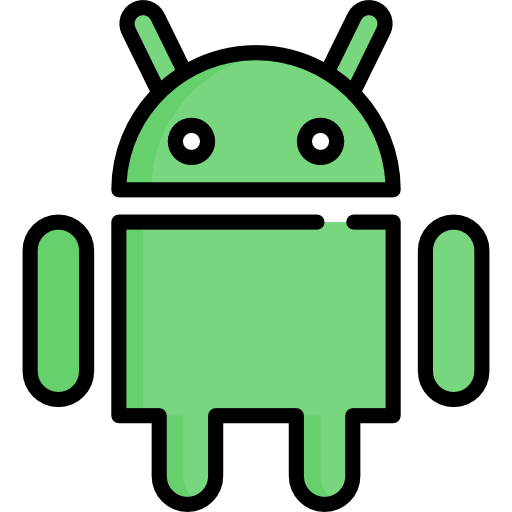
There are some differences key between the design of a native application and one Web Application that are worth mentioning so that you can finish clearing your doubts and opt for the option that best fits your business needs:
1. Platform: A native app is designed for specific platforms such as iOS either Android, and is installed directly on the user's device. On the other hand, a web application runs on a Web navigator and is accessible from any device with an internet connection.
2. Access to device features: Native apps have access to device features; the camera, GPS and sensors, allowing them to offer a richer and more personalized experience. In contrast, web applications have limited access to these features and therefore may be less personalized.
3. User experience: Native apps typically offer a smoother and faster user experience than web apps because they run directly on the user's device. Additionally, native apps can use device-specific features like push notifications to offer an even more personalized experience. Web applications, on the other hand, depend on the speed of the internet connection and the browser used.
4. Development price: The design of a native application usually has a higher cost than the design of a web application. A native app requires a specific development team for each platform; in addition, native applications require more development and testing time. On the other hand, web applications can be cheaper and faster to develop.
In short, a native application offers a UX further personalized and fluid and has access to the device's features, but can be more expensive to develop. On the other hand, a Web Application (see more about the type of application), it is accessible from any device with an internet connection, it is easier and cheaper to develop, but its user experience may be less personalized and fluid. The choice between a native application and a web application will depend on the needs and objectives specific to your project.
I have opted for native development. Mobile application design for Android or iOS?
The choice between developing a native application Android either iOS depends on several factors, including target audiences, the application functionality and the available budget. Below are some arguments to consider:
One of the most relevant factors when deciding is the Target Audience, if your main audience uses mobile devices with Android operating system, it is advisable to develop a native application for Android. Likewise, if your primary audience uses iOS devices, it is advisable to develop a native app for iOS, the same goes for Windows, Linux, etc. operating systems. If your target audience uses both operating systems (iOS and Android), then you can consider developing native applications for both, but as we said, here comes the budget factor and whether we can afford to develop for both iOS and Android.
In conclusion, the choice between developing a native application for Android or iOS It depends on several factors. It is vitally important to know the target audience, as well as the application functionality, the user experience, the development costs and the release time before taking a decision. Again, if budget allows, developing native apps for both operating systems may be the best option to reach a wider audience. Otherwise, we could opt for hybrid or cross-platform development.
Why hire Kingwebapps as your native mobile app development company?
Company Native Mobile Applications with more of 2100 fulfilled projects.
Native app creators for a long time more than 15 years. Awarded as one of the best Native Mobile Apps companies
Native app creation agency specialized in Online marketing
ASO to position your native App and beat your competition in the App Stores of each operating system
Native app development tailored for all sectors. Customized Mobile Applications for companies SME, Scaleup, Startup and Big companies








«We are specialists in the development of iOS and Android applications with an approach of total involvement in your company, our goal is to immerse ourselves in your business model and culture to guarantee you the best results in the market»
Examples of native applications by type and sectors
These are some examples of native apps both by type and by sectors in which we develop apps. For any project, idea or sector query in particular, contact us to discuss your objectives without obligation.
Productivity Applications
They are applications that help users be more productive and efficient in their daily tasks, such as Evernote, Trello, Slack, etc.
E-Commerce Applications
They are applications that allow users to buy products and services online, such as Amazon, eBay, Alibaba, etc.
Travel, Tourism and Restaurant Applications
They are applications that provide information about menus, information, discounts, tourist destinations, flights, hotels and activities, such as Airbnb, Booking.com, Expedia or Restaurants.
Applications of Games
They are applications that offer games for mobile devices, such as Candy Crush, Pokémon Go, Angry Birds, etc. We also focus on developments based on gamification for corporations and companies.
Education Applications
They are applications that offer educational content, such as online courses, tutorials, study materials, etc. Examples of these are Coursera, Duolingo, Udemy, Schools or Universities.
Applications of Entertainment
They are applications that offer entertainment content such as videos, music, games, such as Netflix, Spotify, YouTube, etc.
Frequently Asked Questions about Native Application Development
What is the price of developing a native mobile application?
The price of developing a native mobile application can vary significantly depending on various factors, such as:
● Functionality: The complexity of the functionality you want to integrate into the mobile application, for example, integration with other systems, the ability to process transactions, etc.
● Platform: The cost varies depending on whether the application is developed for iOS, Android or both operating systems.
● Design: The complexity of the app design and the level of customization desired also influence the price.
● Development team experience: The price also varies depending on the experience and skills of the development team hired.
Taking these factors into account, the price of developing a native mobile application can range from a few thousand euros to hundreds of thousands of dollars or more, depending on the complexity of the application and the level of customization required. In any case, it is important to set a clear and realistic budget before starting development, as well as work with an experienced team who can offer a fair price and high quality of work.
How long does it take to create a mobile app?
He time How long it takes to develop a native mobile application can also vary depending on various factors, as the complexity of functionality, platform (Android, iOS or both), the design and the experience of the development team.
That said, generally, the process of developing a native mobile application can range from a few few months to a year or more.
The development process includes several phases, such as planning, he design, the programming, the evidence and the implementation. Each phase may take a different amount of time and may require several iterations before the application is ready for release.
It is important to keep in mind that the time of development could be accelerated if you work with an experienced development team and if you use methodologies developmental agile, which allow frequent iterations and adjustments based on user comments and feedback.
In any case, it is important to have realistic expectations about the time it can take to develop a native app and work with a development team that can offer an accurate time estimate and high quality of work.
Where do you offer your native application project services?
We develop native mobile applications in United Kingdom.
How to choose the best development company native applications?
When choosing a native mobile app development company, it is important to check their experience and skills, review the level of clients they work with, evaluate their development process, ensure there is clear and honest communication, consider the price and deadlines, verify the technology and tools they use and make sure they offer post-launch support and maintenance services if you do not have an in-house team that can take care of this last part of the development.

